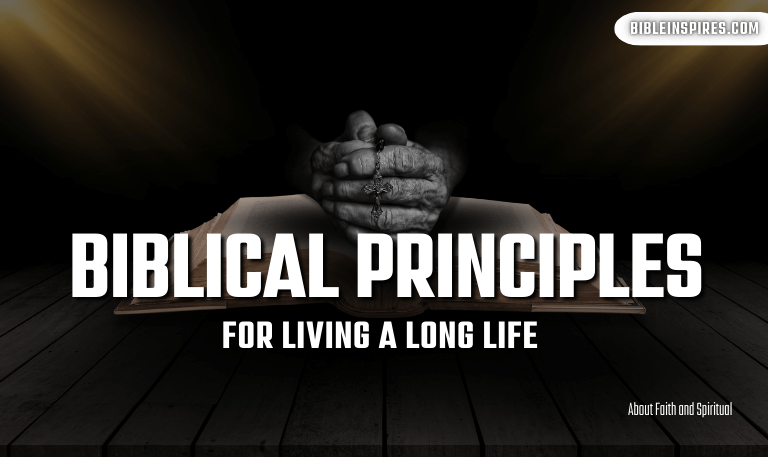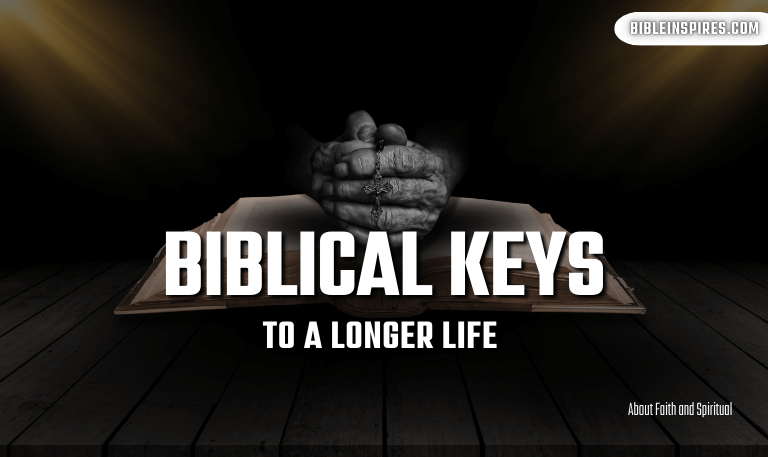Sin is a term deeply rooted in religious, philosophical, and ethical discussions, often representing actions, thoughts, or behaviors that violate moral codes. But what about its opposite? To counteract sin, we must explore concepts like righteousness, virtue, and redemption—ideas central to both spiritual teachings and personal growth. In this comprehensive guide, we’ll delve deep into what constitutes the opposite of sin, why it’s important, and how it can be applied in daily life.
What Is Sin? A Foundation for Understanding Its Opposite
Sin, in religious contexts, is often seen as a violation of divine law or a transgression against moral guidelines. It is considered an act of disobedience to the higher power or the moral compass set by different belief systems. But before we understand the opposite of sin, it’s crucial to examine what constitutes sin in various religious and ethical frameworks.
Sin in Religious Contexts
Christianity: Sin is viewed as a separation from God, a breach of the commandments and the teachings of Jesus Christ.
Islam: In Islam, sin is seen as defying the will of Allah and failing to follow the teachings of the Prophet Muhammad.
Hinduism: Sin, or “Pap,” involves actions that disrupt the natural order of things and violate Dharma, the ethical path.
Buddhism: Rather than focusing on sin, Buddhism emphasizes ignorance and the craving that lead to suffering, highlighting the path to enlightenment.
Read Also: Gods Plan Is Better Than Ours
The Nature of Sin
Sin can be moral, social, or spiritual, affecting an individual’s relationship with others, society, and the divine. Whether it’s a small lie or a serious moral failing, sin represents a departure from what is right, good, or virtuous.
Defining the Opposite of Sin
The opposite of sin is often understood as righteousness or virtue, concepts that embody living in alignment with moral and ethical values.
Righteousness: The Classical Opposite of Sin
Righteousness can be defined as living in accordance with divine law, embodying justice, truth, and moral integrity. Righteous individuals adhere to ethical principles, regardless of personal sacrifice, and strive to maintain a pure and virtuous life. In religious contexts, righteousness is often considered a virtue that opposes the darkness and moral corruption associated with sin.
Virtue: The Path to Overcoming Sin
Virtue is not just the opposite of sin; it’s the active practice of goodness, ethical behavior, and moral excellence. Virtues such as compassion, humility, patience, kindness, and honesty counteract the harmful effects of sinful actions, promoting personal development and spiritual well-being.
Forgiveness and Redemption: Healing from Sin
Sin isn’t merely something to be avoided; it’s a force that needs to be healed. Forgiveness allows individuals to mend their relationship with the divine, with others, and even with themselves. Redemption is the process of transformation, where one moves from sinfulness to righteousness through repentance, change of heart, and atonement.
The Role of Righteousness in Overcoming Sin
Righteousness in Religious Teachings
In Christianity, righteousness is achieved through faith in Jesus Christ. Christians believe that by accepting Jesus as their savior, they are justified and made righteous before God. Similarly, in Islam, righteousness is gained through obedience to Allah’s will and following the teachings of the Quran and Prophet Muhammad.
In Christianity, Romans 3:22 states: “This righteousness is given through faith in Jesus Christ to all who believe.”
In Islam, righteousness is closely tied to obedience to the Five Pillars of Islam, with good deeds outweighing bad actions.
The Power of Righteous Living
Righteousness doesn’t merely shield individuals from sin; it acts as a force of transformation. A life lived in righteousness attracts blessings, peace, and deeper spiritual connection. It is often the remedy for a life marked by guilt, shame, or disconnection due to sin.
Read Also: How Many Pages Are in the Bible
The Power of Virtue: Counteracting Sin with Goodness
Virtue and Its Role in Personal Growth
Virtue is not something that happens by accident. It requires continuous effort, mindfulness, and discipline. The cultivation of virtue—through habits, choices, and actions—opposes the negative aspects of sin, fostering personal and spiritual growth.
Compassion: Compassion is an antidote to selfishness, a core aspect of sin. It allows one to act with empathy and kindness, leading to greater peace and connection with others.
Humility: Humility counters the arrogance and pride that often lead to sin. It helps individuals avoid behaviors like greed, lust, or excessive pride, instead encouraging modesty and servitude.
Patience: Patience is a virtue that helps combat impulsive, sinful actions. Whether in dealing with others or handling personal struggles, patience leads to better judgment and spiritual peace.
Building a Virtuous Life
Living a virtuous life requires intentional actions:
Daily Reflection: Taking time to reflect on one’s behavior and choices can reinforce virtuous living.
Accountability: Surrounding oneself with like-minded individuals who promote virtues helps maintain focus on a righteous path.
Repentance, Forgiveness, and Redemption: A Journey from Sin to Righteousness
One of the most powerful concepts in overcoming sin is the process of repentance. Repentance involves acknowledging one’s mistakes, feeling remorse, and seeking forgiveness to restore one’s relationship with the divine or others.
Steps of Repentance
Acknowledging Sin: Recognizing the wrongs committed and the harm caused to oneself or others.
Feeling Remorse: Genuine sorrow for having acted against moral or ethical standards.
Seeking Forgiveness: Actively seeking forgiveness from God, others, and oneself.
Commitment to Change: Making a commitment to change behavior and live a more righteous life.
Forgiveness in Various Religious Traditions
Christianity: Through repentance and faith in Jesus, one can receive forgiveness from sin (1 John 1:9).
Islam: Allah is described as “the Most Merciful” and offers forgiveness to those who truly repent (Quran 39:53).
Hinduism: The concept of Prayaschitta involves penance and atonement to clear sins and seek redemption.
Read Also: CSB vs ESV Bible
Practical Steps to Live a Righteous Life
Daily Practices to Embrace Righteousness
Prayer and Meditation: Daily devotion can help strengthen one’s faith and commitment to righteousness.
Acts of Service: Helping others fosters humility and compassion, further cultivating virtue.
Mindfulness: Being conscious of your thoughts and actions ensures that they align with moral and ethical principles.
Avoiding Temptation: How to Resist Sin
Sin thrives in moments of weakness or temptation. To live a righteous life, it’s important to develop strong coping strategies:
Recognizing Temptation: Being aware of situations or triggers that lead to sinful actions.
Setting Boundaries: Establishing healthy boundaries to prevent falling into sin.
Seeking Support: Involving a support system of friends, family, or faith communities helps keep you accountable.
Sin, Virtue, and Society: Modern Perspectives
Sin in Modern Society
In today’s world, the concept of sin can often be overshadowed by cultural and societal norms. What is considered sinful may vary, but the universal concept of right and wrong still prevails.
Read Also: How Tall Was Jesus Christ
Ethical Dilemmas and Sin
Modern dilemmas—such as environmental degradation, social injustice, and personal ethics—present unique challenges to the understanding of sin. Many philosophers and religious thinkers argue that these actions lead to collective societal sin, which can be overcome by collective righteousness.
Opposite of Sin FAQs
Q: What is the opposite of sin?
A: The opposite of sin is typically understood as righteousness, virtue, and living in alignment with moral and ethical values.
Q: How can I overcome sin in my life?
A: Overcoming sin involves practicing repentance, seeking forgiveness, cultivating virtues, and making a conscious effort to lead a righteous life.
Q: Is sin always related to religion?
A: While sin is often discussed within religious contexts, the concept of right and wrong extends beyond religious boundaries into societal and philosophical realms.
Q: What role does forgiveness play in overcoming sin?
A: Forgiveness is a key element in the process of overcoming sin. It allows individuals to release guilt and find peace, enabling personal transformation.
Q: How can I live a more righteous life?
A: Living a righteous life involves daily acts of kindness, humility, patience, and love, as well as being mindful of one’s actions and thoughts.
Conclusion
The journey from sin to righteousness is both personal and spiritual. By embracing virtues such as compassion, humility, and justice, and by seeking forgiveness and redemption, individuals can overcome the harmful effects of sin and lead lives of moral integrity. Whether through religious teachings, philosophical inquiry, or personal reflection, understanding the opposite of sin—righteousness—provides a path to greater peace, purpose, and connection with the world around us.
![The Opposite of Sin | Understanding Righteousness [2025] 1 The-Opposite-of-Sin-Understanding-Righteousness-[2025]](https://bibleinspires.com/wp-content/uploads/2025/06/The-Opposite-of-Sin-Understanding-Righteousness-2025.png)
![How to Forgive According to the Bible [2025 Guide] 3 How-to-Forgive-According-to-the-Bible-[2025-Guide]](https://bibleinspires.com/wp-content/uploads/2025/04/How-to-Forgive-According-to-the-Bible-2025-Guide.png)

